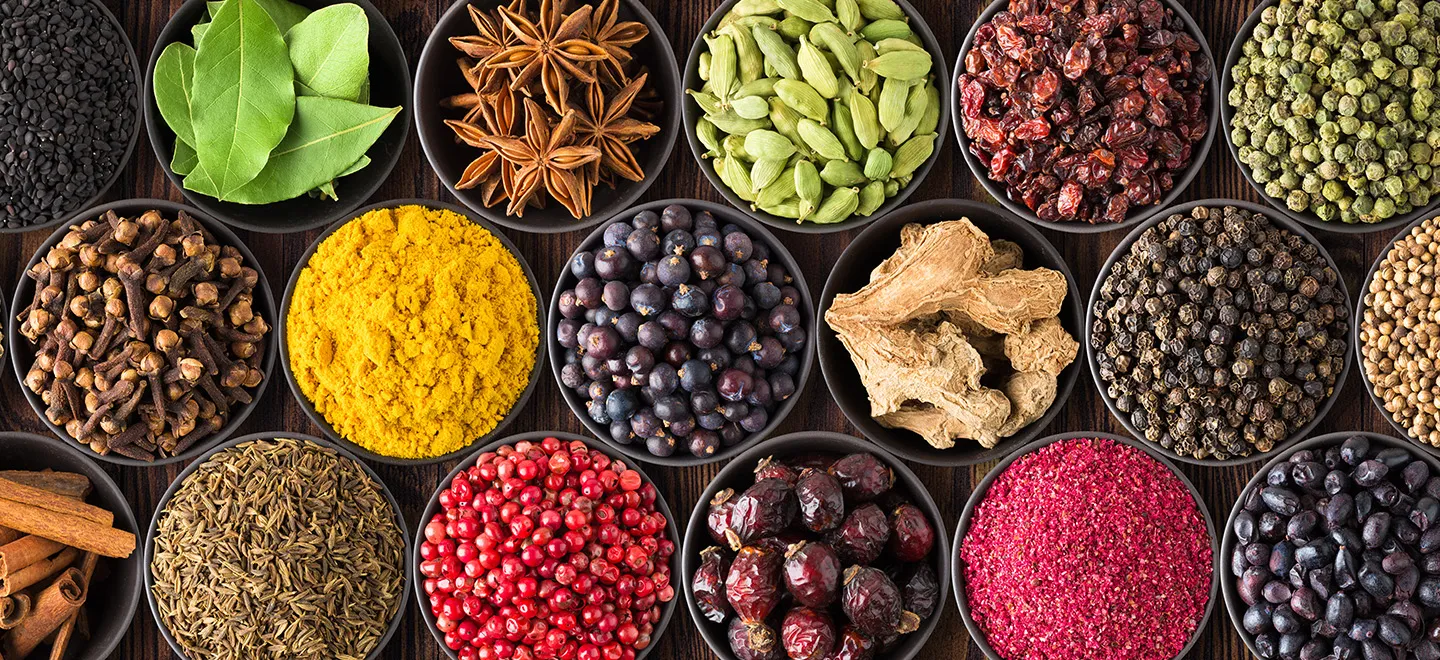At LEO Events, the meeting services team is tasked with executing the unique culinary needs of each client, serving up relevant, on-brand hospitality. In 2025, the trends we see are an expansion of the initiatives that LEO has been implementing for years. These booming trends include a heightened focus on sustainability, inclusive dining options and experiential dining, and broader beverage offerings including more non-alcoholic options.
Here’s a closer look at trends shaping the events culinary scene in 2025:
A Sustainability Focus
LEO’s internal sustainability council continuously explores innovative ways to approach each project with a greater focus on environmental and social responsibility than the last.
“Sustainability practices are key,” LEO Events’ Director of Meeting Services and Event Technology, Kristina Johnson said. “Not only in the food itself, but also by trying to limit waste, sourcing local ingredients, and partnering with eco-conscious hotels and venues.”
LEO typically partners with local nonprofits, like Memphis-based Project Green Fork, to streamline sustainability efforts. We select caterers that meet the needs of our client partners and connect them with the nonprofit, which then helps oversee logistics related to food preparation and recycling. Not only does this approach simplify the process for our operations and meeting services teams, but it also yields valuable post-event analytics revealing helpful stats surrounding food donations after each LEO program.
One surefire way to make your event more sustainable is to choose reusable dishware or biodegradable products to minimize waste. Many clients are actively looking for ways to make their events more sustainable, and bringing fresh, executable ideas to the table can serve as a unique selling point.
Inclusive, Wellness-Forward Food & Beverage
As wellness becomes a key priority in event planning, food and beverage options evolve to reflect that evolving client/attendee expectation.
“We are seeing a large push in wellness trends altogether, so creating a more plant-forward menu that considers allergies and dietary preferences is becoming the expectation, rather than offering a single-choice specialty meal,” Johnson said.
Expanding food options for guests with allergies and dietary preferences can enhance the event experience. Event professionals are encouraged to be more mindful of menus and ingredient selection as they cater to broader audiences, preferences, and needs. The reality is, event attendees expect more than basic meat or vegan options, and selections should reflect the growing wellness trend by considering diets that are dairy-free, nut-free, gluten-free, keto-friendly, and beyond.
Instagramable Beverages and Desserts
The growing demand for experiential dining preferences pushes event planners to think beyond taste and focus more on personalization and presentation. Guests today crave food and beverage options that are as picture-worthy as they are flavorful.
“We’ve been seeing a lot more creativity and a focus on artistry,” Johnson noted. “It’s not just making dessert, but how you can make this dessert feel like an extension of the event, something that guests want pictures of versus simply being food on a plate.”
For example, elevating an event with craft mocktails and dessert pairings creates a memorable experience for attendees who are eager to capture and share the moment. As overconsumption of alcohol declines, it paves the way for zero-proof and CBD-infused spirits to boom in the marketplace, offering more opportunity for bold, creative presentations. Specialty mocktails on menus and hand-picked pairings also show that aesthetics play a central role in how guests experience and engage with food and beverage.
Looking Ahead
Today’s culinary trends reflect a broader forward-thinking movement toward wellness, creativity, and thoughtful engagement.
“I think we’re finally getting back to what was driving the industry pre-COVID. It will be interesting to see how we can continue to expand on these culinary trends, especially with AI,” Johnson said. “We’ve already begun to see playful uses of it like an AI bartender or omelette maker on cruise ships, but it can be used positively to make sure we are leaning in the right direction for smarter, more personalized event dining.”
Interested in ways LEO can help serve up innovation at your next event? Contact our team today!

